Leveraging AI in Metaverse
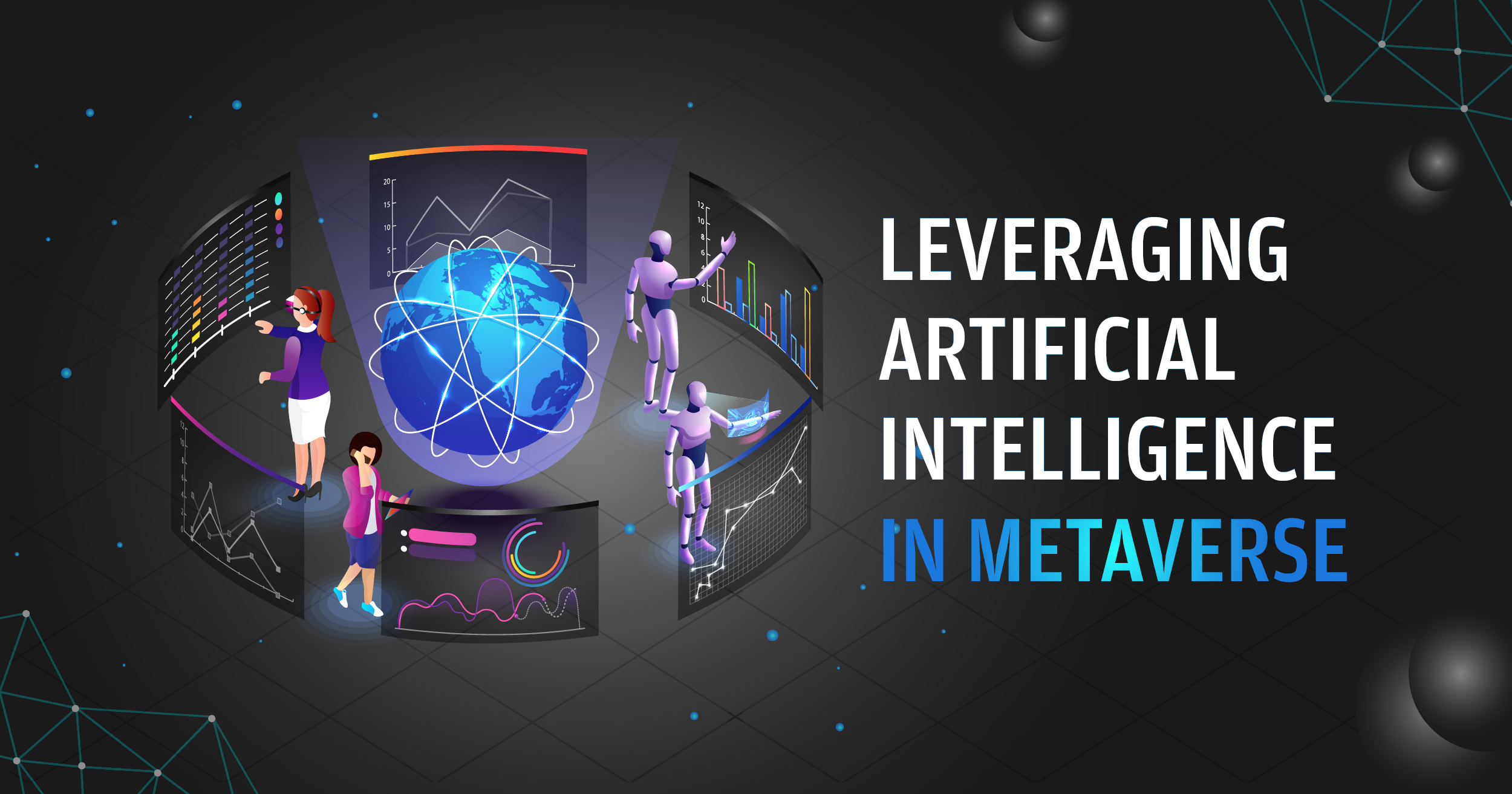
One of the most talked-about subjects in both technology and socioeconomics today is the Metaverse AI. Metaverse is a hot topic of discussion and is the internet’s natural evolution. By using avatars, we enter the metaverse and engage in real-time communication with other people’s avatars. Even though it’s a trending topic right now, artificial intelligence is the most significant and underlying technology of our time.

Courtesy: Analytics Insight
A basic overview of AI
Artificial intelligence is a branch of computer science that focuses on creating computers and machines that are capable of learning, reasoning, and acting in ways that would typically require human intellect or that deal with data that is larger than what humans can evaluate and analyze. It is capable of processing vast amounts of data more quickly and effectively than humans. Its goal is to build machines that can comprehend natural language, interpret data, and take action on that data in the same way that humans do.
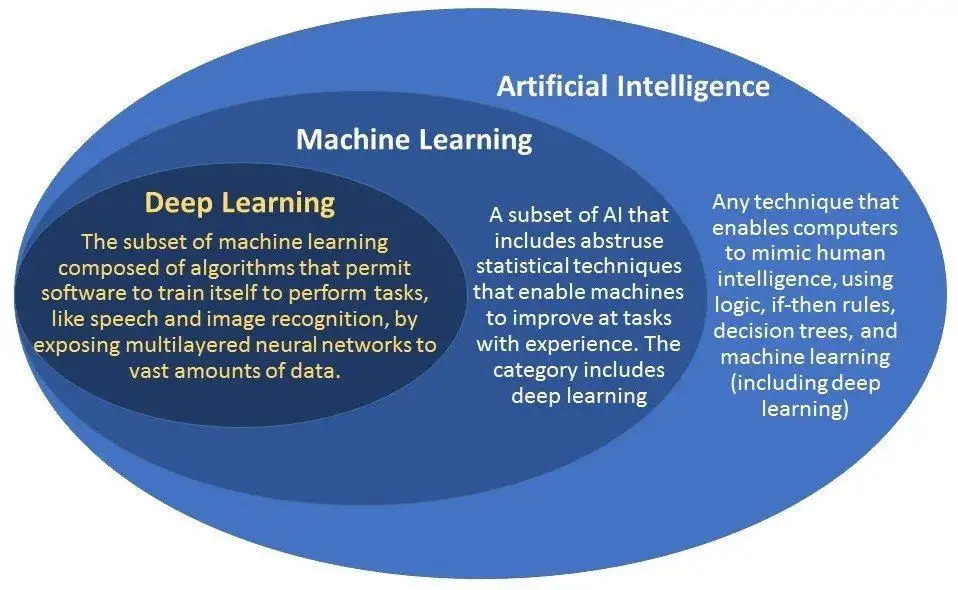
Courtesy: Medium
The study of AI spans a wide range of academic fields, including computer science, linguistics, hardware and software engineering, etc. The use of artificial intelligence is for data analysis, prediction, natural language processing (NLP), and data retrieval. These technologies are generally based on machine learning and deep learning.
General applications of AI
A collection of digital, augmented, and physical realities is called a metaverse. It will soon be a place to educate, shop, entertain, and interact socially. It is powered by a variety of cutting-edge technologies. Artificial intelligence (AI), one of these technologies, has demonstrated the significant value of boosting the immersive experience and enabling the human-like intelligence of virtual agents (also called voice agents or virtual assistants).
Artificial intelligence is used to design inclusive user interfaces that make it easy for anyone, including people with disabilities, to navigate the system. AI can therefore contribute to the metaverse being a user-friendly and simple-to-use platform. Another way AI works with the metaverse is through digital avatars. AI can help generate surroundings, speech, and visuals by utilizing NLP (natural language processing), virtual reality, computer vision, AR, and VR to give users realistic avatars to represent them. This will further enable users to communicate in the metaverse in their local language, improving user-metaverse interactions.
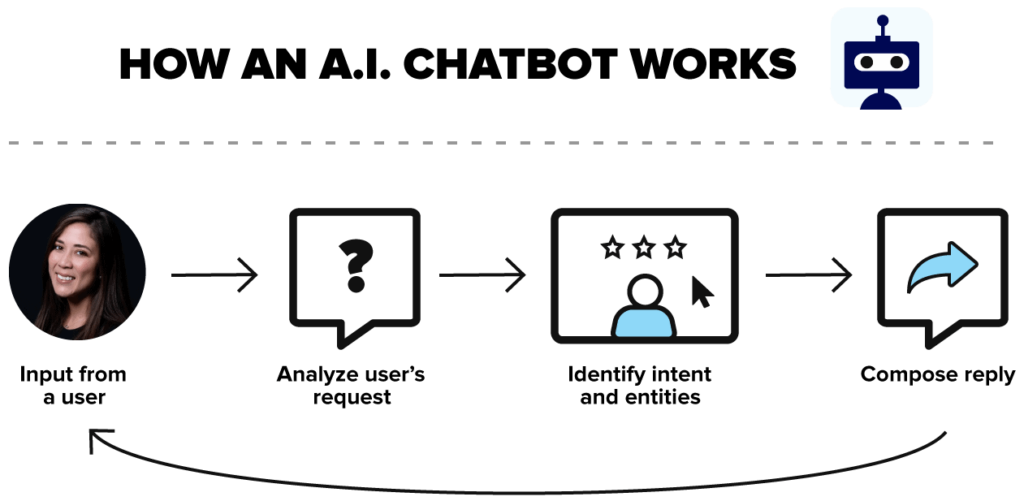
Courtesy: Drift
The use of chatbots in AI
One of the best uses of AI that streamlines many company processes and helps users find solutions to their problems much more quickly is chatbots. Chatbots help users in the metaverse by giving them instructions and information about various goods and services, answering their questions, carrying out transactions on their behalf, and taking orders. If a user is having trouble finding a particular item, the chatbot can quickly fix the issue by pointing the user in the right direction within the metaverse. In 2022, the adoption of ChatGPT and other AI chatbots skyrocketed, providing alluring options for populating the metaverse. The technology is used for customer support and onboarding of new users for NFT and DeFi (decentralized finance) services.
Metaverse leveraging the AI
Digital Avatars
A highly discussed concept of the metaverse is digital avatars. A digital avatar is a visual illustration of a person in games or virtual worlds (i.e., the metaverse). People can transform the appearance of their digital avatars according to their preferences. AI can study 2D and 3D user images and produce hyper-realistic and precise avatars. For instance, a company called “Ready Player Me” is actively working on digital avatars for the metaverse, thereby leveraging AI algorithms.
Virtual Humans
Virtual or digital humans are 3D versions of chatbots in the metaverse that can use speech and body language to replicate human-like interactions and connections. They are critical to building the metaverse. Digital humans aren’t the digital versions of people but AI-based non-player characters. They respond to your actions in the metaverse by following a predetermined set of rules, which is in contrast to a character controlled by a person.

Courtesy: China Daily
Language processing
Language processing is a subset of AI used to analyze, understand, and produce language to communicate with intelligent machines. People can leverage AI to interact with other people or digital avatars in the metaverse. AI translates languages such as English into machine language and then analyzes them. The output produced is converted back into the user’s language and then sent to him/her. This is an easy process and doesn’t take a lot of time. An AI model, when trained in multiple languages, will translate most languages into a machine-readable format. This will give users multilingual accessibility.
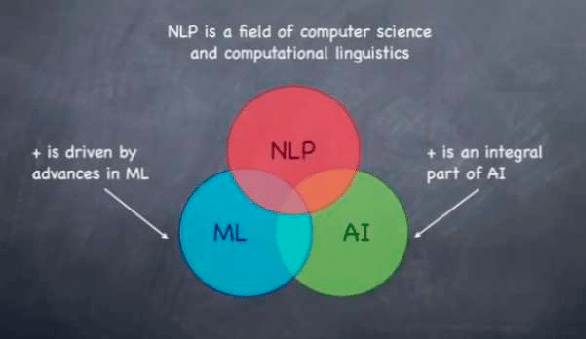
Courtesy: ResearchGate
Learning from the data
When data is fed to artificial intelligence (AI) or machine learning models, they replicate the characteristics of historical data to give new outputs. The more data it’s provided, the more precise and better the results it suggests. This builds the hope that artificial intelligence would be capable of performing tasks and giving accurate outputs the same way as humans one day. This way, the models will require little to no human intervention, and the metaverse’s scalability will continue to improve.
The way forward
Artificial intelligence will engage with the metaverse in various ways through digital avatars, chatbots, interfaces, and more. It may advance even further, which will open up new prospects for collaboration among various technologies. Artificial intelligence will facilitate user interaction with virtual worlds and facilitate easier access to these virtual environments as technology progresses. Humans will be able to design and work with digital objects like avatars in the metaverse. Businesses will need to think more carefully about how AI will impact our jobs as this immersive world continues to grow. This new digital world will combine numerous technologies like AR, VR, 3D animation, and blockchain. You’ll be able to promote and sell goods, produce digital works of art, and take part in virtual events without being physically present at them.
Read more to understand how Metaverse will impact Business
About Social Buzz
Founded in January 2016, Social Buzz is a digital marketing agency specializing in branding, marketing, lead generation, content marketing, and social media for small and medium-sized businesses. It consists of a team of passionate, creative, and tech-savvy stalwarts who provide services in web design and development, search engine optimization (SEO), branding and query handling on social media channels, and media buying through niche targeting. Social Buzz has earned an outstanding reputation due to successful campaigns in multiple sectors.
About the Author
Ravish is a professional blogger and social media expert based in Delhi. He enjoys fine dining, music, and traveling. Ravish specializes in long-form content writing and loves exploring topics in mobile and computer technology. He has a passion for high-tech gadgets and writes about web and mobile applications.
Source of inspiration:
https://techwireasia.com/2022/09/do-chatbots-have-a-role-to-play-in-the-metaverse/
https://towardsdatascience.com/how-ai-will-shape-the-metaverse-4ea7ae20c99
https://www.researchgate.net/figure/Three-layer-Architecture-of-the-Metaverse_fig1_354065789
https://intellectdata.com/the-role-of-ai-and-data-science-in-the-metaverse/

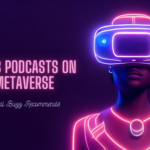

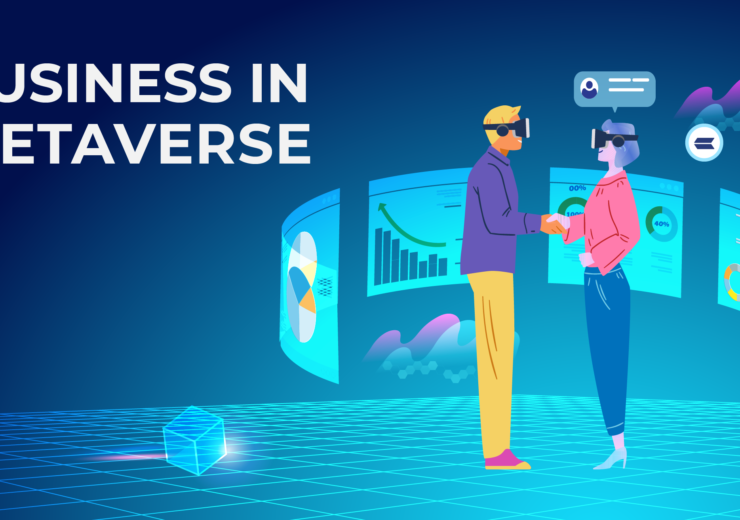

Comments (02)